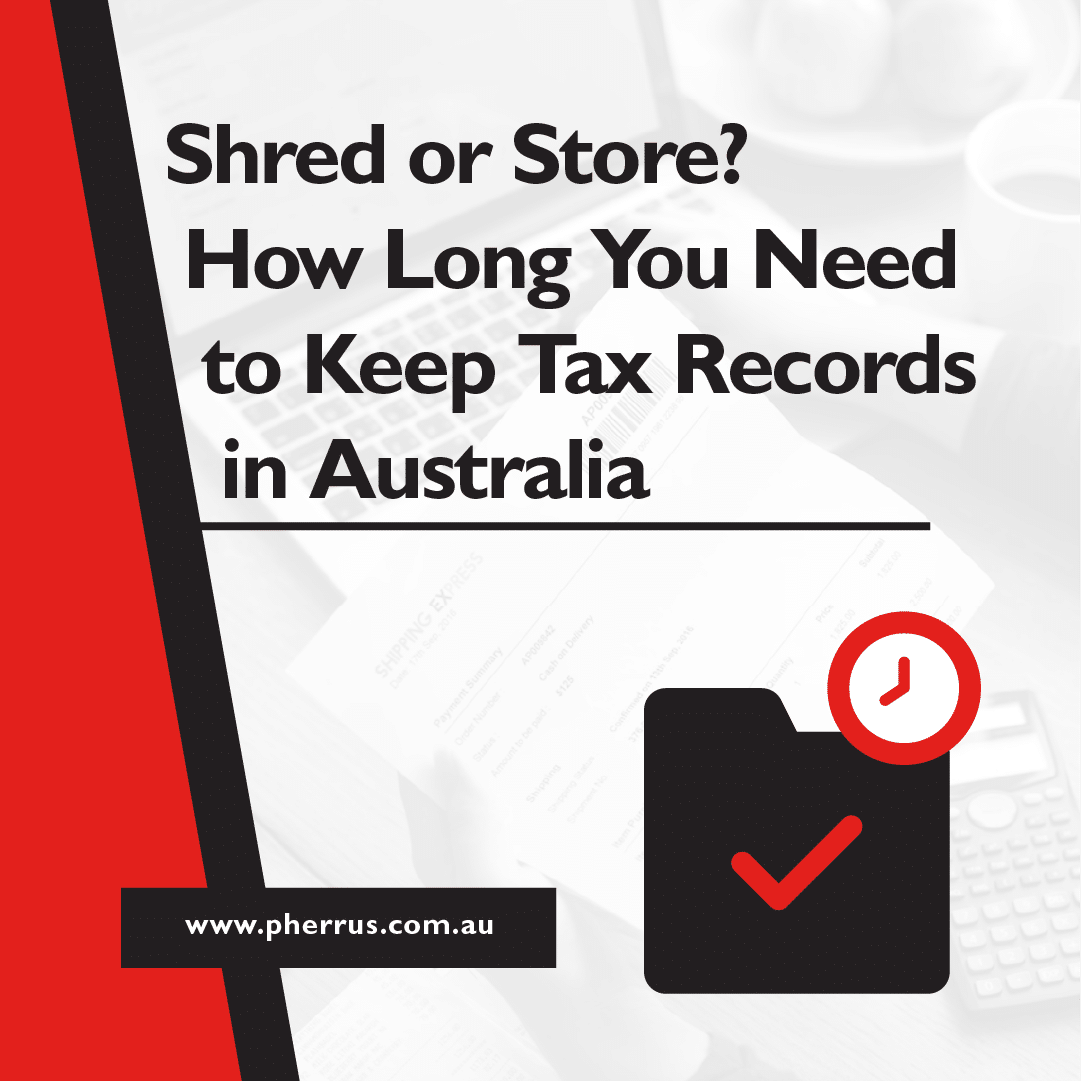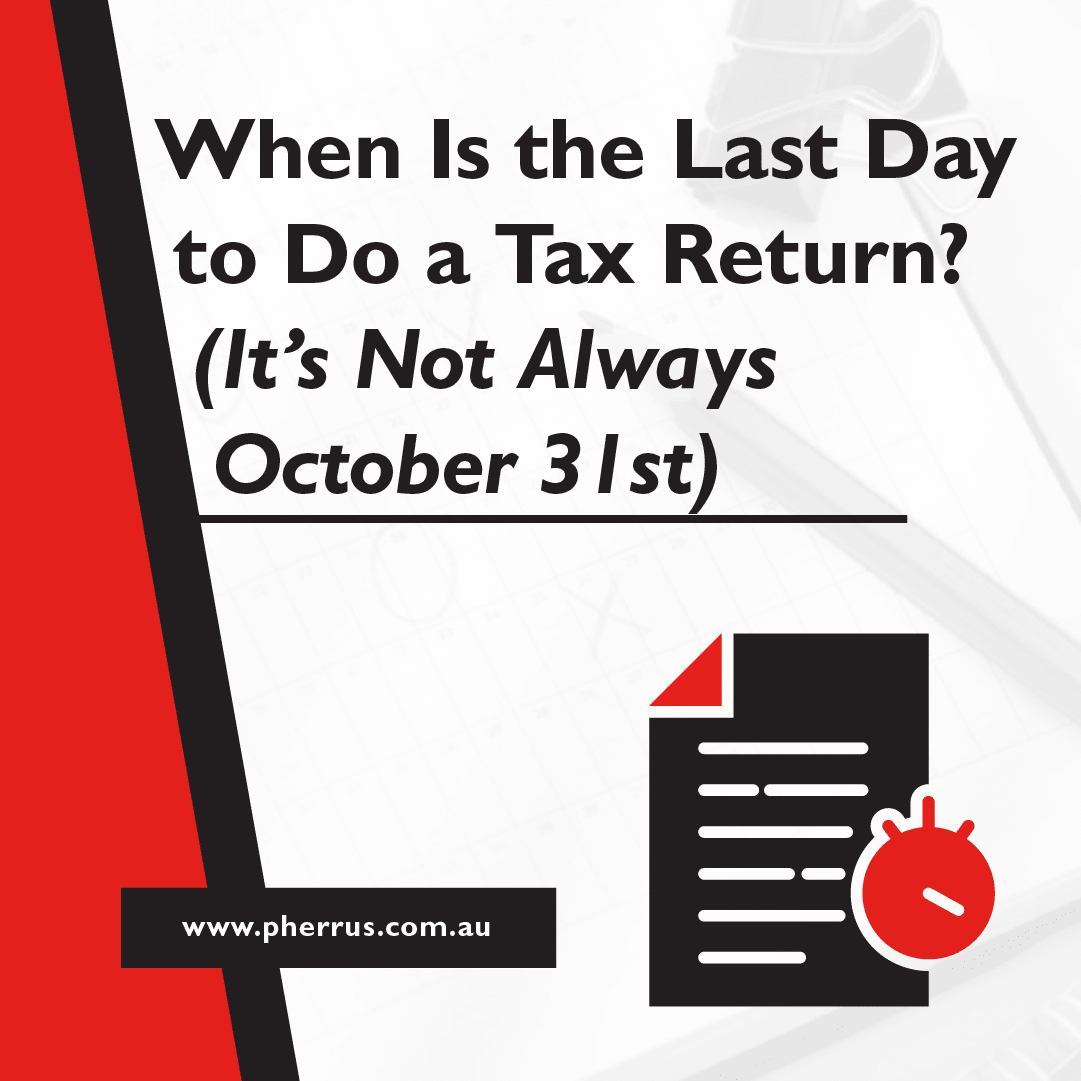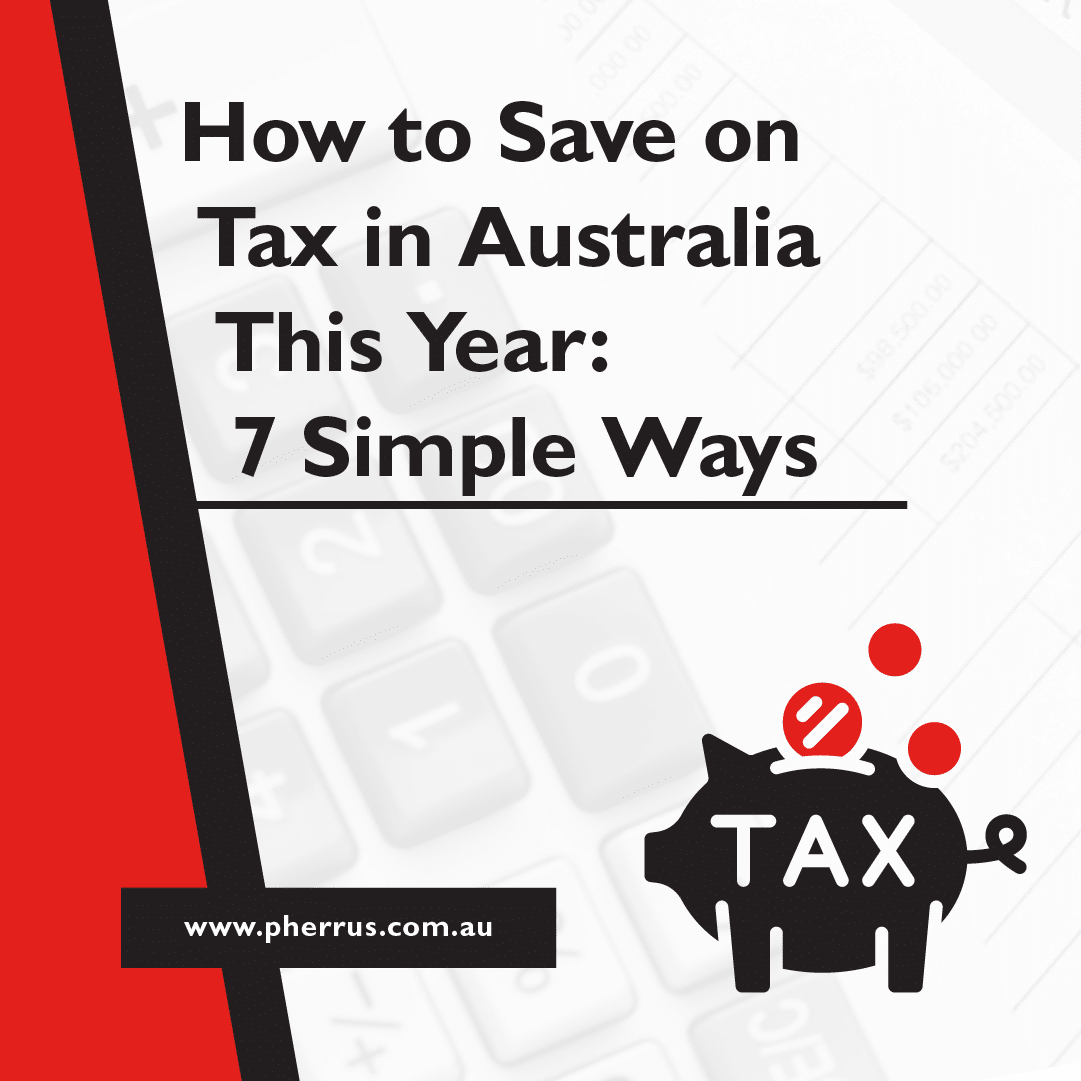Claiming deductions for personal super contributions
Have you made personal super contributions in the last financial year? You may be eligible to claim a tax deduction.
In this article, we’ll discuss your eligibility to claim tax deductions, as well as how to make a claim. Let’s jump right into it.
What kind of superannuation contributions are eligible for tax deduction?
You can’t claim a tax deduction on all contributions made to your super fund. For example, funds paid directly to your super by your employer are not eligible. This includes:
- Salary sacrifice amounts
- The compulsory super guarantee
- Employer super contributions detailed on your annual payment report
Any personal super contributions made from your after-tax income, on the other hand, may allow you to claim a deduction. Most commonly, this includes contributions made directly from your bank account to your super fund using income earned from one of the following sources:
- Your salary or wages
- Personal business income, for example, income earned by freelancers and those that are self-employed
- Investments
- Government allowances
- Trust distributions
- Any foreign sources of income
Am I eligible to make a claim?
The ATO outlines a fairly long list of eligibility criteria to help you determine whether or not you are eligible to claim a deduction on your personal super contributions.
Here are some of the essential eligibility criteria:
- For contributions made after 1 July 2017, funds were paid into an account that was not one of the following:
- An untaxed fund, such as a constitutionally protected fund (CPF), that wouldn’t include your contribution in its income
- A Commonwealth public sector super scheme that you have a beneficial interest in
- A super fund that notified the ATO before the beginning of the financial year that they have elected to treat member contributions to the super fund as non-deductible
- You meet the age restrictions as set out by the ATO for the financial year in question
- You have submitted a ‘Notice of intent to claim or vary a deduction for personal contributions’ form
- Your fund has received and acknowledged your notice of intent
How to make a claim
If you are eligible and wish to claim a tax deduction for your personal superannuation contributions, the first step is informing your fund of your intention.
Your notice of intent will be approved if:
- You are a current member of the fund
- The fund holds the contribution
- The contribution does not contain any amount covered in a previous notice of intent form
- You haven’t applied to split the contribution
- The fund hasn’t paid a super income stream using the contribution
If you would like to claim tax deductions on contributions made to multiple funds, you will need to lodge a notice of intent form to each fund separately.
Once the form is approved, you can make a claim.
Will my claim impact my concessional contributions cap?
Yes. If you make an eligible claim, the deduction will count towards your concessional contributions cap. Consider the following before claiming a deduction for your super contributions:
- Will you exceed your contribution cap?
- Would you benefit from splitting your contributions with your spouse?
- Will the claim impact your co-contribution eligibility?




